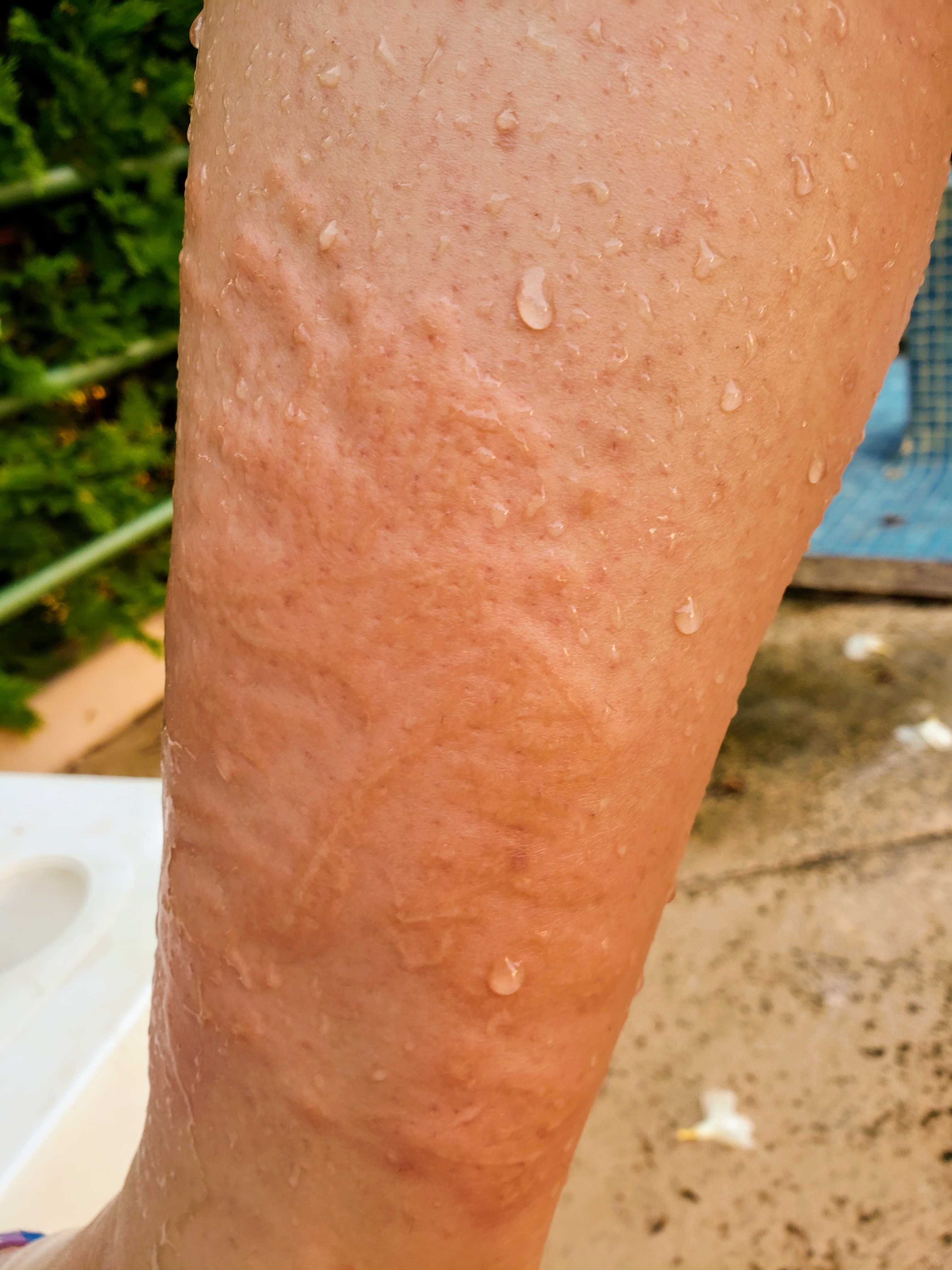
November marks Eczema Awareness Month, a time to delve deeper into the complexities of atopic dermatitis, commonly known as eczema. Despite its prevalence, the precise causes of this condition remain elusive, likely representing more than one distinct condition. Current research explores multiple factors, including immune system dysfunction, genetic mutations, skin cell abnormalities, and the role of the skin’s microbiome.
Atopic dermatitis is largely considered an immune-driven disease. Key cytokines like IL-4, IL-13, and IL-22 are central to its pathology, disrupting the skin’s barrier and triggering inflammation. This overactive immune response, characteristic of atopy, leads to heightened sensitivity to environmental triggers. Interestingly, while genetics play a significant role, not all individuals with a family history develop the condition, and it can appear in those without such a background.
Emerging evidence suggests a connection between inflammation and inherited abnormalities in the skin barrier. A critical factor is the protein filaggrin, which helps to maintain skin hydration and structure. Deficiencies in filaggrin impair the skin’s ability to retain moisture and fend off microbes, leading to increased permeability and susceptibility to irritants and allergens.
The skin’s microbiome—its community of bacteria, viruses, and fungi—also plays a pivotal role. Disruptions in this ecosystem, or dysbiosis, can exacerbate eczema symptoms. For instance, Staphylococcus aureus often proliferates during flare-ups, while beneficial microbes diminish. These microbial imbalances can influence inflammation and barrier function, deepening the complexity of the disease.
Environmental and lifestyle factors further contribute to eczema’s variability. Harsh weather conditions, frequent washing with hot water, and exposure to irritants like soaps and synthetic fabrics can dry the skin and aggravate symptoms. Stress, dietary factors, and infections, including bacterial, viral, and fungal, may also provoke flare-ups.
Research continues to explore the interplay between genetic predisposition, immune responses, and environmental influences in shaping the severity and progression of atopic dermatitis. Understanding these factors not only advances scientific knowledge but also empowers individuals and families to manage this challenging condition.
This Eczema Awareness Month, the Eczema Society of Canada emphasizes the importance of education and awareness to support those affected by this multifaceted condition. By addressing its many causes, we can better advocate for effective treatments and improved quality of life for eczema patients everywhere.



